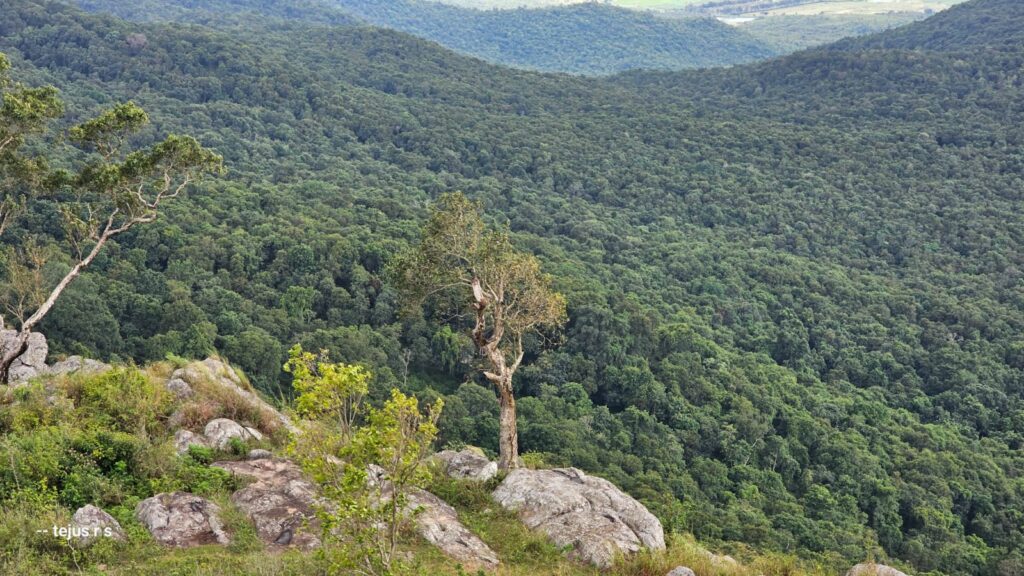
R S TEJUS:
India’s forests are being lost not only to bulldozers but also to silence from the scientific community. Scientists, academic researchers, retired forest officers, conservationists, and even the public may agree in principle that forests must be protected. But when real projects are on the table, unity just collapses. Everyone knows the dangers of such projects in Western Ghats, yet most voices stay divided, subdued, or silent.
“EVERY KACHCHA ROAD (MUD PATH) IN A FOREST IS A POTENTIAL NATIONAL HIGHWAY”
The Western Ghats has paid the price for this hesitation. Once a near-unbroken wall of green, they are now fractured by dams, roads, power projects, and other unchecked clearances. Floods and landslides in Kodagu, Wayanad, and Kerala are proof that the mountain chain is already breaking apart. Without these pristine forests, we will have a poorer Karnataka and a poorer India. One day, the rains may vanish or pour in its extremities.

SHARAVATHI PSP & HUBLI-ANKOLA RAIL PROJECTS
Two projects – Sharavathi Pumped Storage Project (PSP) and Hubballi–Ankola Rail proposal have come to symbolise this dilemma. Both are in Karnataka, both sit at the heart of the Western Ghats, and both have been warned again & again by experts and courts for decades. Yet approvals move forward, because hesitation and division weaken resistance. It is the same with the Forest Rights Act (FRA).
The FRA was meant to deliver justice to tribal and forest-dwelling communities, and that justice must be honored. But the way it has been implemented has also meant waves of deforestation and fragmentation across India.
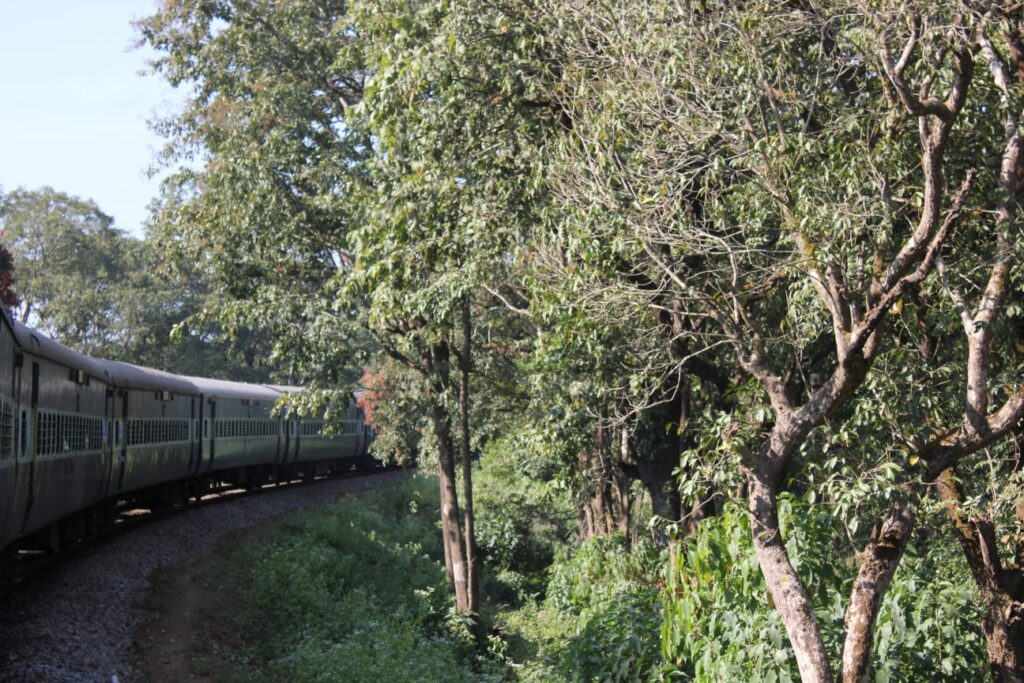
SCIENCE IS CLEAR: FRAGMENTATION IS THE SINGLE GREATEST THREAT TO BIODIVERSITY.
Yet the law’s most important safeguard — the notification of Critical Wildlife Habitats (CWHs) — has never been used. Not a single acre. If only 4% of India’s land is under protection and even that is disturbed, what does it say about our seriousness when the strongest clause of the law remains ignored?
Many in science and conservation continue to support FRA’s implementation, even while admitting privately that it carries heavy ecological costs. The reasons are clear: political pressure, institutional caution, and personal risk.
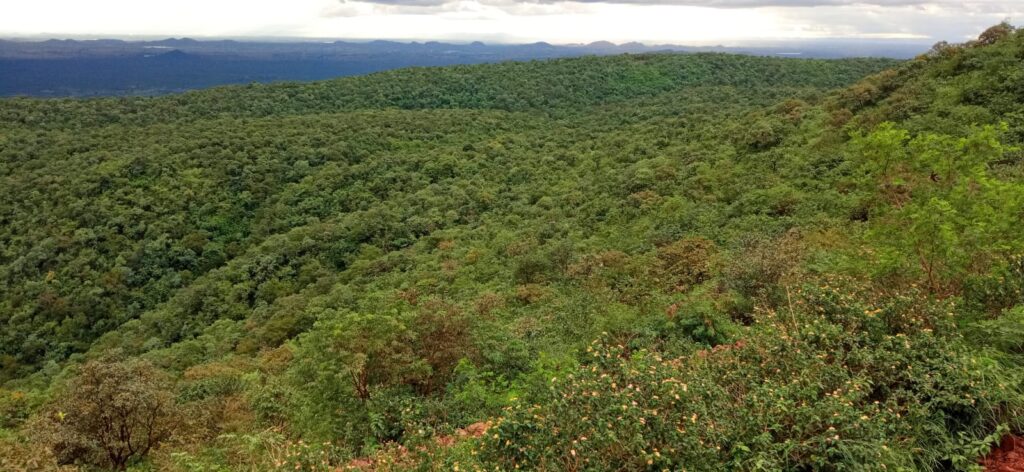
Scientists fear that if they speak too strongly, funding could dry up, research permissions could be withheld, careers could stall. The result is muted voices, when forests need clarity and courage.
The consequences are already visible. Even India’s premier institutes are not immune. Be it Indian Institute of Science, Wildlife Institute of India, National Tiger Conservation Authority, National Environmental Engineering Research Institute, National Institute of Rock Mechanics, and many such organizations.
IISc’s open nod for freight movement in the Hubballi-Ankola Rail Project may look small on paper, but experience shows that every such intrusion expands and widens in primary forests. As the saying goes, every kachcha road in a forest is a potential national highway.
Some scientists have spoken, but their warnings go unheard.
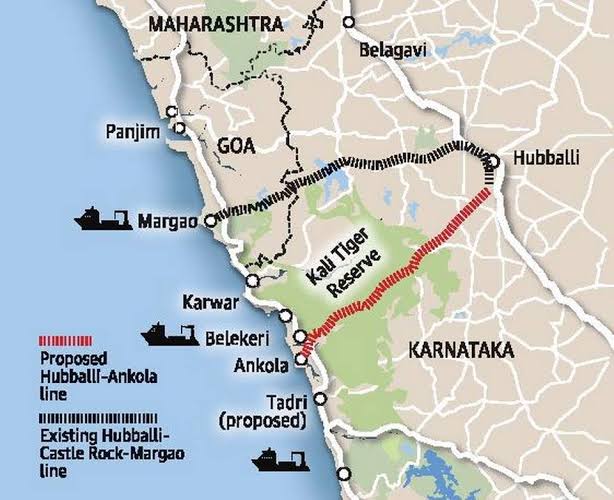
Dr T V RAMACHANDRA, INDIAN INSTITUTE OF SCIENCE (IISc) recalls:
“In one talk, we anticipated 600 participants, but hardly a few attended. People in the Wildlife Board have no knowledge about these issues and they create problems. Another key problem is that none of the points given by the scientific community ever get implemented.
“We had told that there is a problem of salinity and that no more projects should happen in the Sharavathi region as it is an Ecologically Sensitive Zone. But no one is caring about it.”
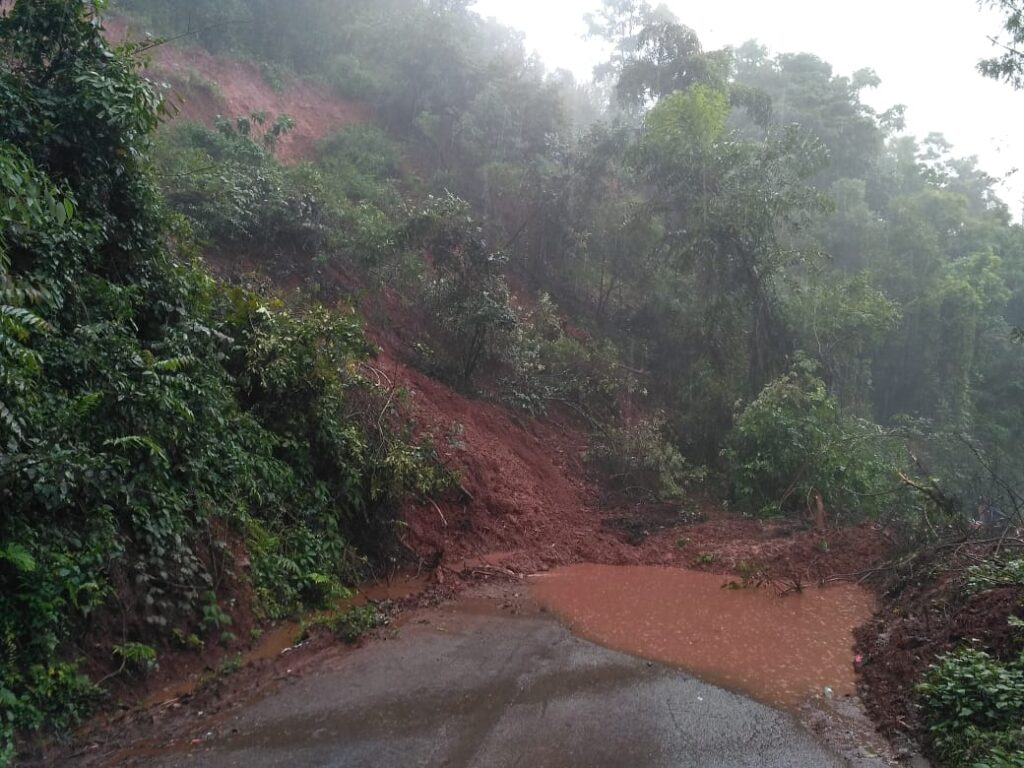
DEBI GOENKA OF CONSERVATION ACTION TRUST is more scathing:
“By and large, most scientists are not conservation oriented, and tend to focus narrowly on their research projects. Academicians live in a different world altogether that seems disconnected with reality.”
Most retired forest officers, particularly the senior ones, unfortunately have not really worked even before retirement, so to expect them to work after retirement seems unrealistic, Debi Goenka adds.
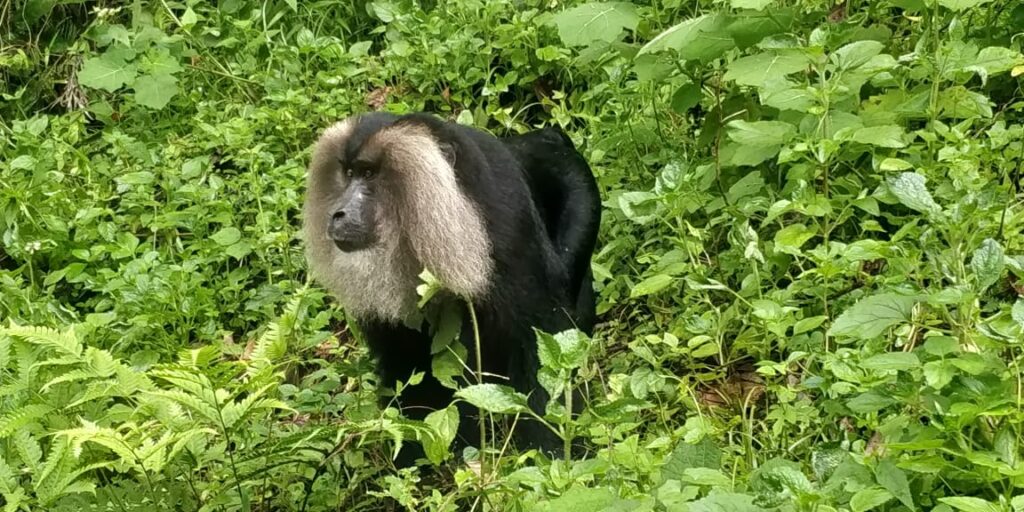
PROFESSOR MEWA SINGH, UNIVERSITY OF MYSORE who has published research papers on Lion Tailed Macaques insists this is only part of the truth:
“It is not totally true that active scientists do not speak about critical projects. The Association of Indian Primatologists is a group of active scientists and we have taken an open stand against the Sharavathi project.”
Active scientists also provide critical data and information to activists and advocates. However, it is also true that sometimes service rules do not permit an employee working in a government institution to go to the press,” opines Prof Mewa Singh.
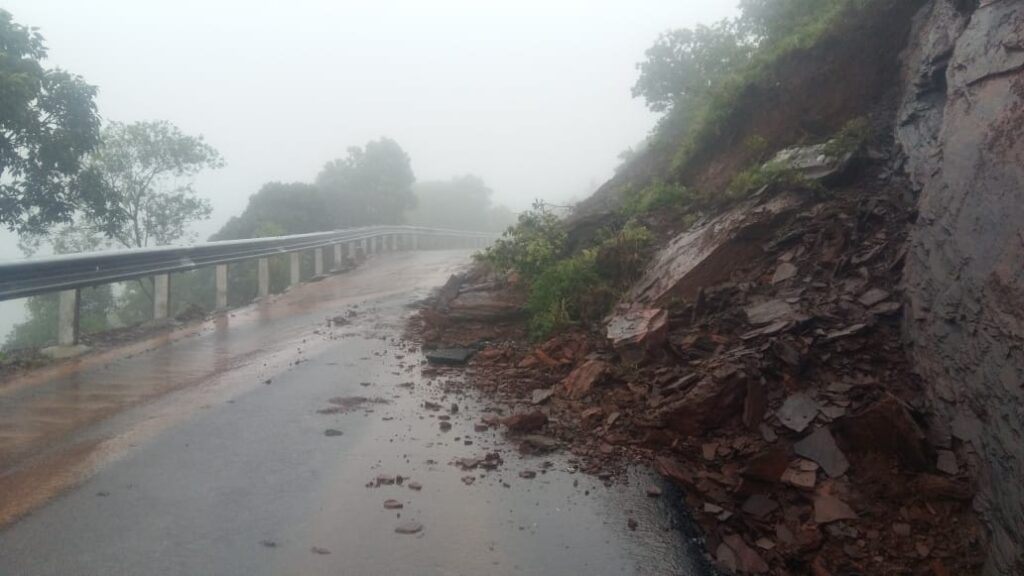
B K SINGH, RETIRED KARNATAKA PCCF, offers his perspective:
“This is a diverse country with 1.42 billion people. To expect everyone to stand for conservation is not fair. Massive land use changes are taking place in landscapes and even in critical habitats. Some members of academics are expressing opinions in different ways.
Do not expect everyone to follow one opinion. Any study finding is relevant for a particular period. The findings are dynamic and change with time. Peer-reviewed papers may go for a toss.”
DIVISIONS AMONG VARIOUS COMMUNITIES LEAVE FORESTS UNDEFENDED
These wide divisions between scientists and policymakers, between retired officers and serving ones, even within the conservation community itself leave the forests undefended.
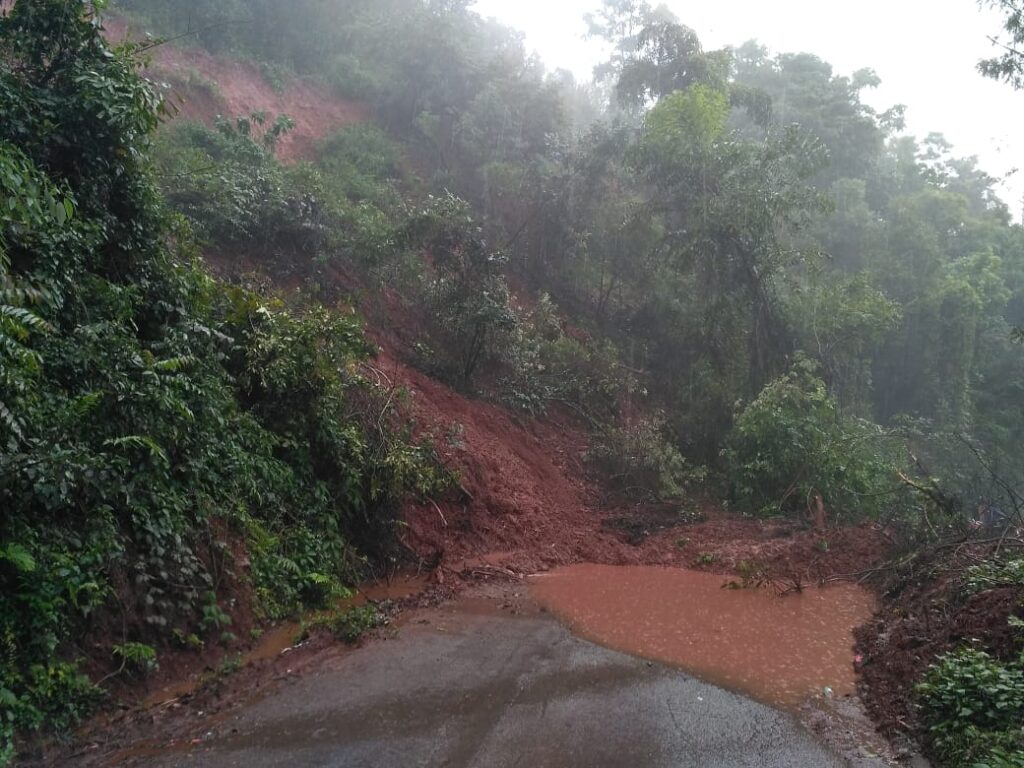
Only a handful of voices most of them being activists push consistently, while the majority prefer silence.
The people most affected, meanwhile, are left behind. In North Karnataka and Uttara Kannada, families still wait for basic needs: safe drinking water, education, sanitation, and healthcare. These are not challenges that should take decades to resolve.
Why are they still unmet? Where has the money gone that has been sanctioned again and again? Instead, billions are poured into projects that cut forests and destabilize rivers, leaving the same people even more vulnerable.
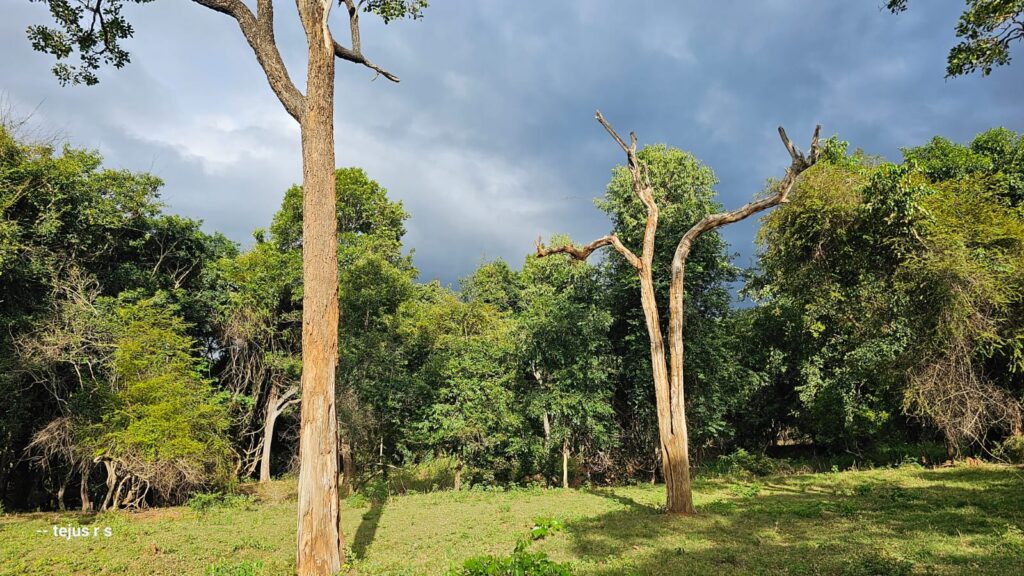
HABITAT CONSERVATION MUST COME FIRST
Without forests, there is no water security, no protection from natural and man-made disasters, and further, this is no foundation for development. To sacrifice them is to create a poorer state and a poorer country.
India still has strong conservation laws, and our courts often hear genuine pleas. But laws and courts cannot hold the line forever if those who know better choose silence. The Western Ghats are the source of India’s great rivers. Break this chain, and disaster will follow.
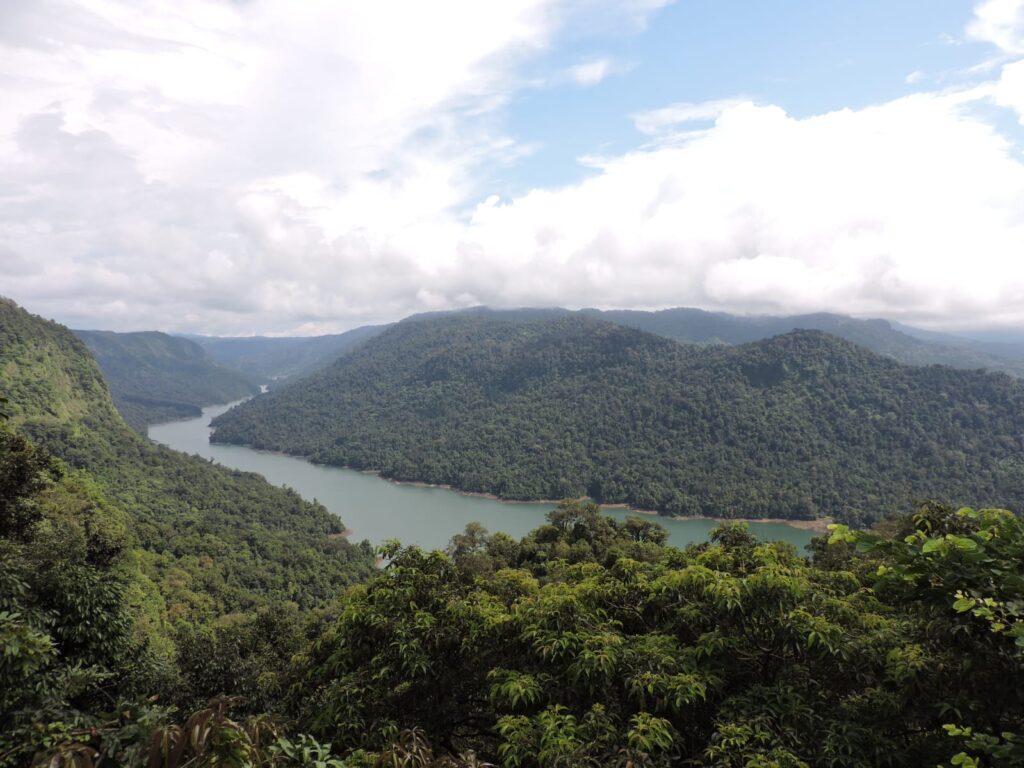
Conservation is not about tomorrow. It is about today.
The Sharavathi PSP, or the Hubballi-Ankola Rail Project, and FRA – all these are not just issues of policy. They are the tests of our time. Scientists, academicians, retired officers, conservationists, and most importantly, citizens cannot afford to stay silent when the country and the world is facing such horrendous climatic events. The forests will not wait. Neither should we.
